How to Make Compost at Home and Why Everyone Should
In honor of Darwin Day, (February 12) I’m excited to bring you this post on how to make compost at home and all the reasons you should. This post contains affiliate links.
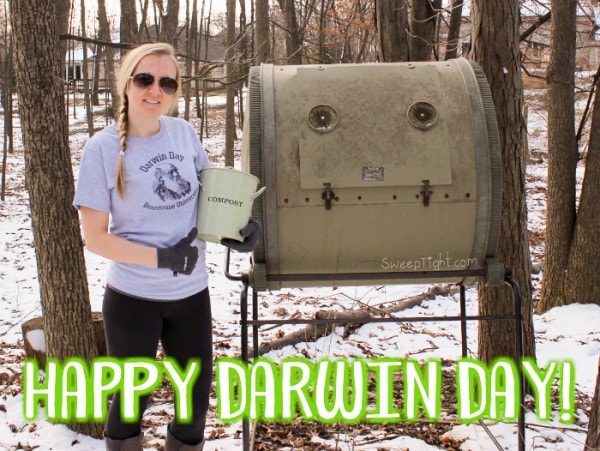
Darwin Day
You might be wondering what the heck compost has to do with Darwin Day or what Darwin Day even is. Well, it’s a day to celebrate the brilliance of Charles Darwin and inspire people everywhere to embrace their own intellectual abilities and better the planet.
You can read all about it and his accomplishments here. I’ll get into where composting fits into this in just a bit. But first, let’s talk about how to make compost at home.
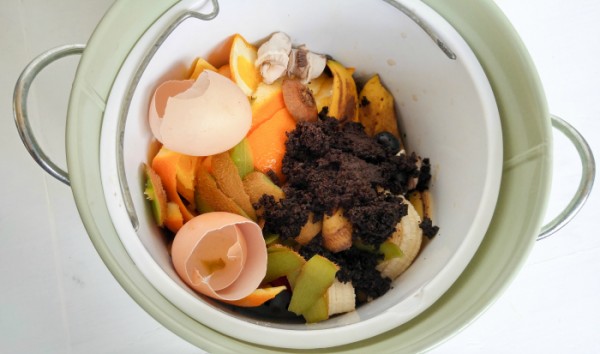
How to Make Compost at Home
It is painfully easy. Simply throw any of your garbage that fits into the “it was once alive” category into a separate bin except for meat scraps.
Composting materials can include a variety of organic waste such as fruit and vegetable scraps, coffee grounds, tea bags, eggshells, yard trimmings, and leaves. If you’re new to composting, click here to learn more about compostable items and how to properly care for your compost pile.
Put the contents of this bin in a specified area outdoors. Done.
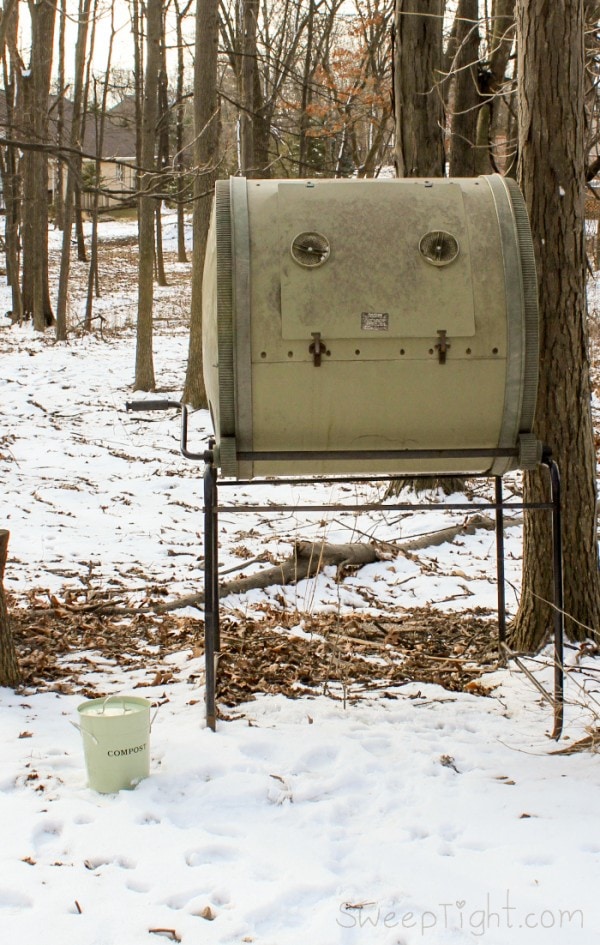
I am, of course, going to go into more detail, but that’s really all that you need to do. Nature handles the rest. You’re really not going to mess it up.
What was once alive will decompose. There is no fighting it. Nature is pretty great like that. She’s a master recycler. We should look up to her.
You can get as fancy or stay as basic as you want when composting at home. I like to make it a bit more glamorous, but that’s just my style.
- Find a container for the kitchen.
- Throw your food scraps–excluding meat–into said container.
- Find, build, or buy a container for outside.
- Put this one in a sunny spot.
- Whenever the kitchen container is full, empty it into the outdoor container.
- Every now and then, turn the pile.
- Let nature handle the rest.
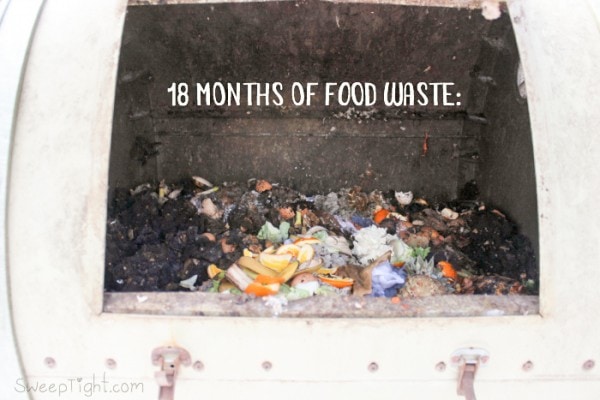
Why EVERYONE should be composting
There are a plethora of reasons everyone should be composting at home. But here are my top reasons:
- It doesn’t take up much space. Look at that photo. That’s 18 months of food scraps! I thought it would be so much more but it has broken down and condensed into nutrient-rich mush that can be used for the garden.
- You’ll save money (x3). First, on your waste disposal. Depending on how you pay for waste removal, this can significantly cut down how much you’re having removed. Second, you won’t need to buy things like compost (duh), pesticides, or fertilizer for your garden. Third, your plants will be healthier, therefore producing a higher yield–so if it’s crops, you’ll have more and need to buy less.
- Rich compost enhances gene expression in plants. Yeah, that sounds really science-y, but it’s not that complicated. Just like us, plants have genes that are turned on or off by environmental factors. Plants weren’t meant to be grown in sterile soil… so this compost that is teaming with microbial life, will “challenge” your plant forcing it to use its genetic abilities to survive. This might sound like a bad thing… but think of it from a ‘use it or lose it’ mentality. Nature gave plants the ability to survive and we’d like future generations to have that genetic code too.
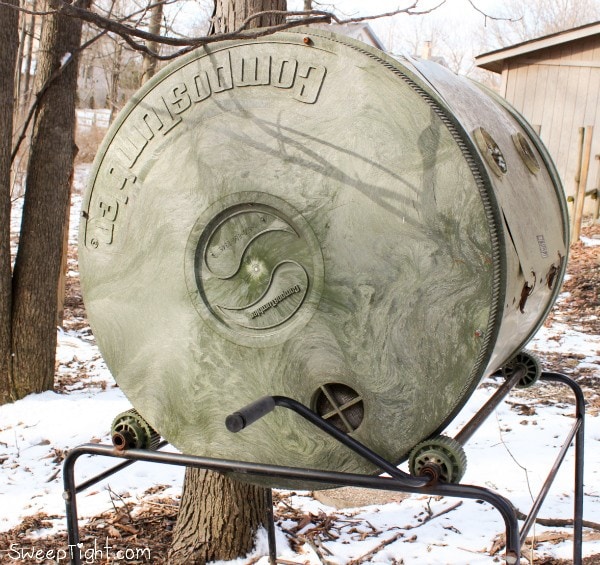
- Nutrient rich-er plants/crops. With all the minerals your compost has to offer, your plants will be able to produce extremely rich crops. Just like us, they can still ‘reproduce’ when deficient in certain nutrients. For example, I can still have a baby if I’m anemic. But how healthy with my baby be? The same goes for plants and their fruits, flowers, seeds, nuts, etc.
- You know what you’re getting when you start making compost at home. Did you know that even commercial compost labeled as “organic” can contain sewage sludge? With all the chemicals that go down our drains (prescription meds, harsh cleaners, drugs, pesticides, etc.) we certainly do not want that going into our garden. Sadly, it might already be there…
- Which brings me to my last (top) reason. For the planet. We need to fight for this big ol’ rock we call home. We’ve damaged it possibly beyond repair with all our careless ways. Thankfully, nature is a beast and can fight the good fight–but we need to help it along. So just throw your natural waste in a pile and let nature do her thing. Then spread it into your dirt. If everyone just did this in their yard, slowly the soil everywhere would start to improve. Think of it like a facial for the planet and each yard is an acne patch. Do your part to unclog your pore!
What’s Darwin got to do with it?
Without his discovery of natural selection as the mechanism for evolution, we wouldn’t have any of the medicines we have today (most of which are found in our soil–hence my passion for composting) or many of the scientific practices we use every day.
He gave us a better understanding of how we fit into this vast universe. It’s up to us to make the most of this place.
Get in that Garden ==>
- How to make biochar for your garden
- 17 Plants to help repel mosquitos
- Awesome gift ideas for gardeners
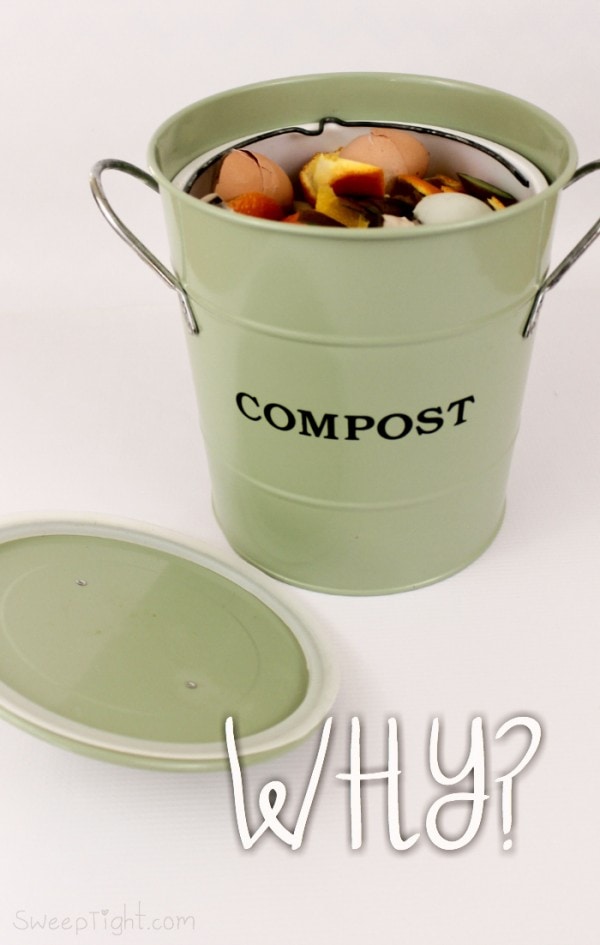
Have you considered learning how to make compost at home?

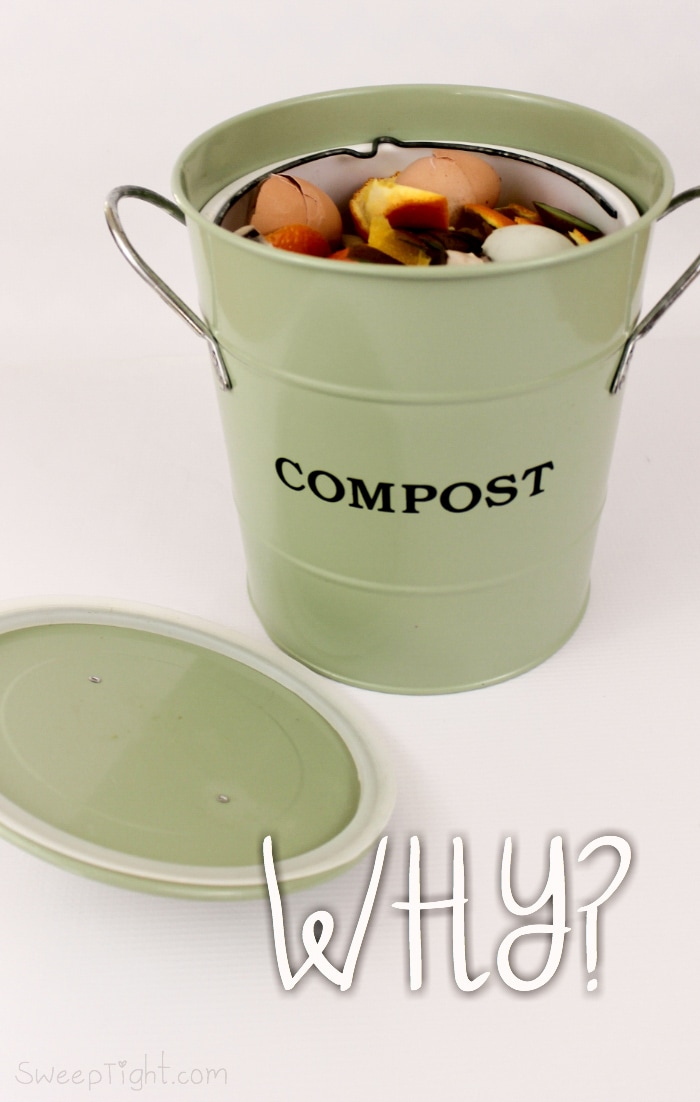

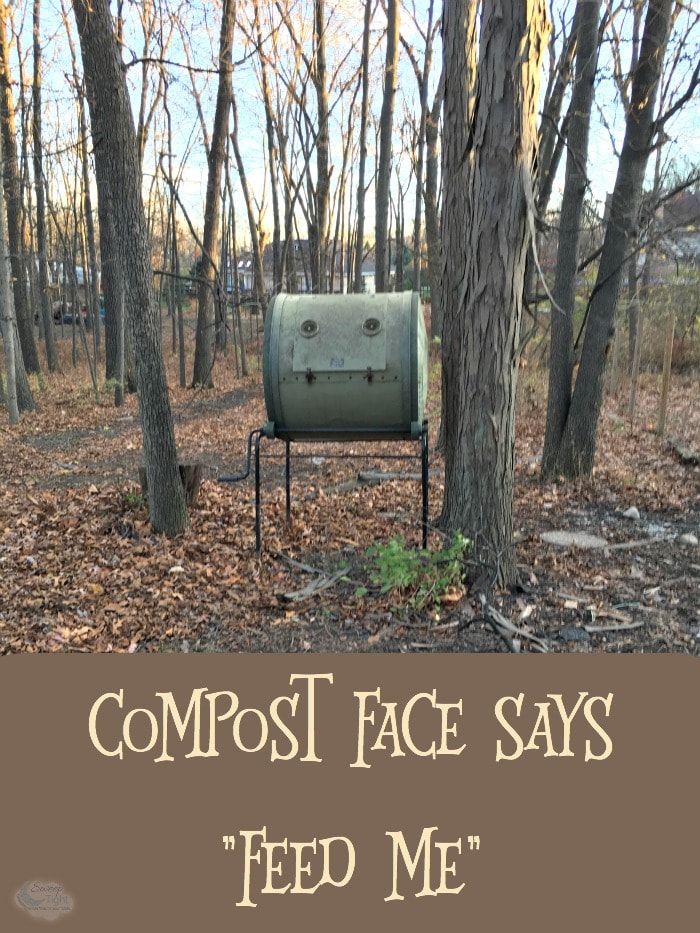
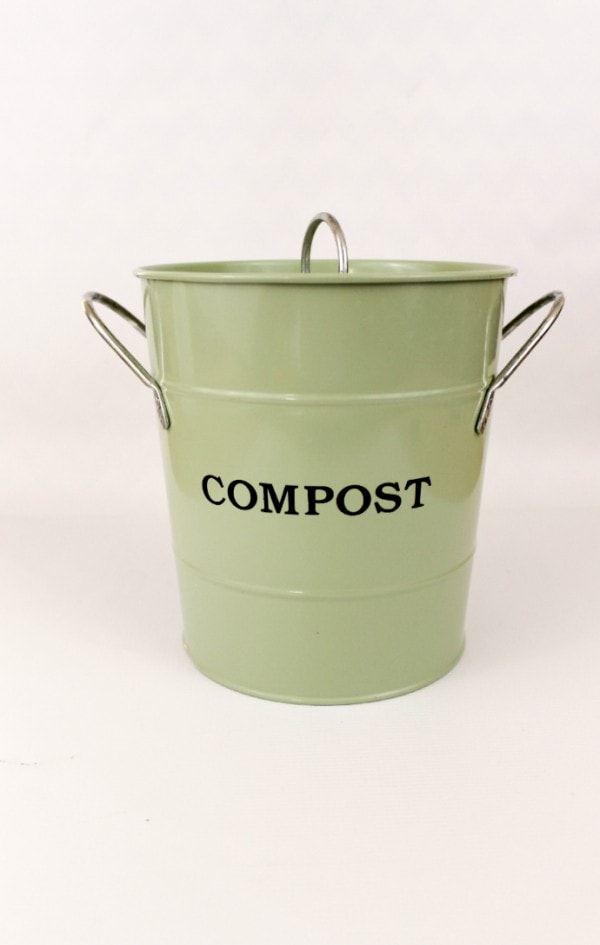

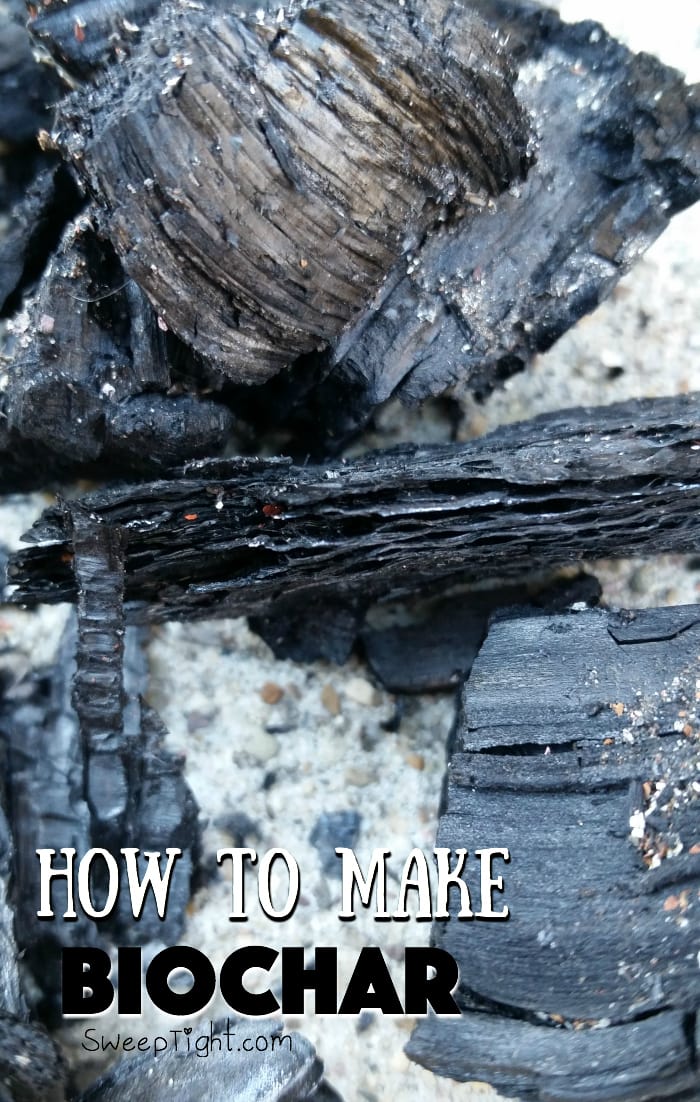
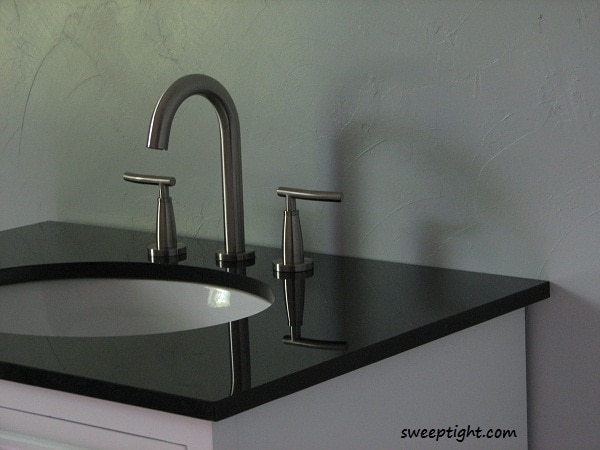

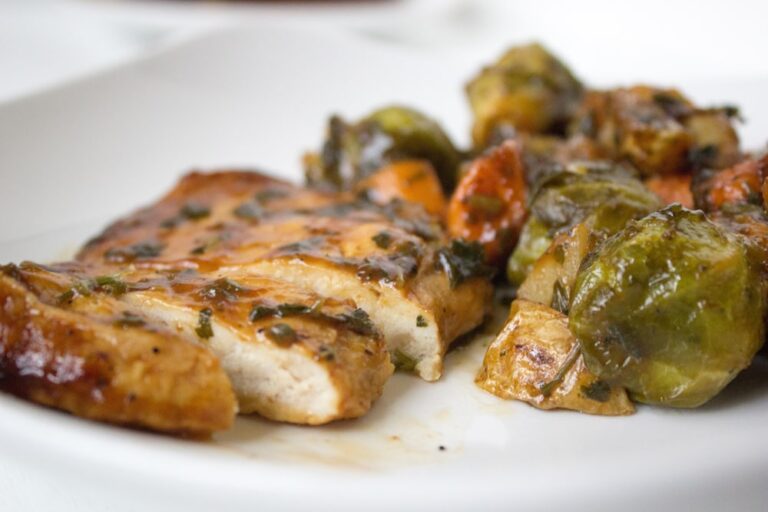
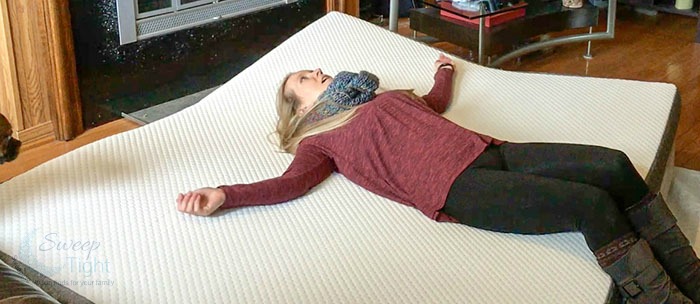
Question, I’ve heard that maggots can grow in a compost, is this true? And if so, one does it matter and two if it is not a good thing how would I prevent that? Thanks for the info!
Hi Stephanie!
Great question! As far as I know, maggots wouldn’t be a problem for the compost, but not ideal, that’s why it’s not recommended to put meat in the mix. Adding shredded paper can help keep a better balance of carbon-nitrogen (which helps prevent maggots) and can also help reduce odors.
I hope that helps! 🙂
Happy composting!
We have composted, albeit slightly differently. We use it i the garden soil, and do not use fertilizer. 🙂
It would be tough to to composting in an apartment. I have several friends who do compost (but they live in houses)
We have a dual bin composer that makes great compost that we use in our veggie garden. It does really help.
very interesting,,i thought it was more complicated than that
I never really knew much about composting before this. It is interesting and informative to read about. I will share this on Pinterest.
I have never thought about composting in such a positive way. You have made it so much more interesting. I am looking forward to trying it out….
I have always wanted a compost bin for the house! Unfortunately my parents thought we lived in too small an area. Hopefully when they find their new house they’ll consider it again. I know how amazing these things can be 🙂
I have never tried to make compost at home, but you have made it seem much more interesting and better for the environment.
I had a compost bin in one of the homes we used to live in and it was pretty simple to keep it going. I love getting free enriched soil!!
I have read that you need to add red worms to the compost pile to aid in decomposition. Is this unnecessary? Or are there benifits from this?
Not necessary but worms are definitely a bonus because their poop is like liquid gold to plants…. Also, you don’t want worms in a closed compost bin because it will get too hot and kill them. 🙁
I have a composter but have gotten out of the habit the last couple years. I need to start back up because it is so good for the garden. They say 2″ of compost on top of your garden can dramatically cut down on weeds too, not just plant disease.
All of this information is so useful. I do think this is a great idea and hope one day I can do this.